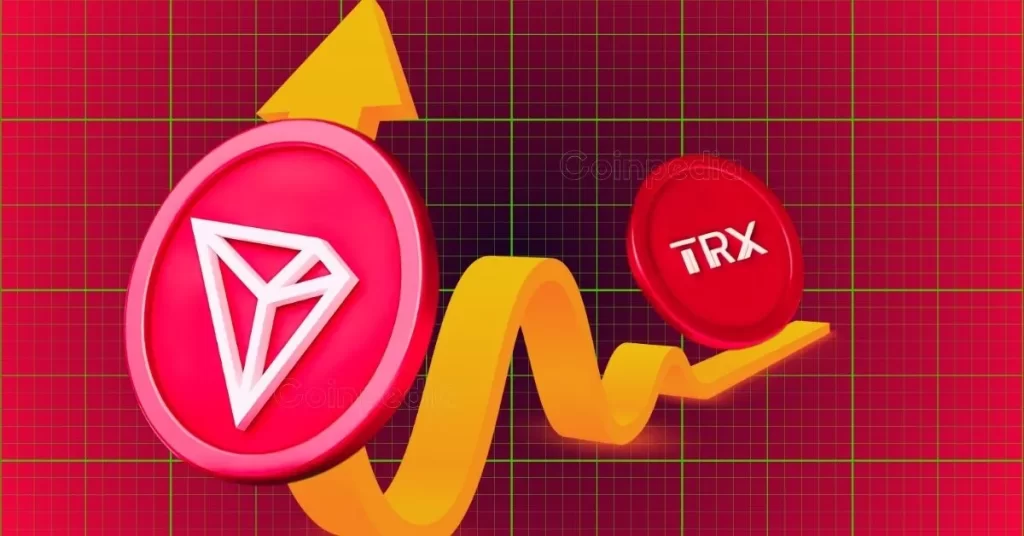ARTICLE AD BOX

- BRICS Nations, China and Saudi Arabia have signed a currency swap agreement to break US Dollar hegemony.
- Bitcoin is gaining traction as a viable alternative in the race to displace the Dollar.
In recent years, the global economic ecosystem has witnessed a major shift as emerging powers challenge the dominance of the United States dollar in international trade. Among the leaders of this movement are China and Saudi Arabia, key players in the BRICS alliance, which also includes Brazil, Russia, South Africa, and India.
BRICS Expansion and Geopolitical Shifts
This year, the BRICS grouping underwent a substantial transition, with a five-nation expansion plan and attempts to bolster local currencies. Saudi Arabia’s inclusion, alongside the United Arab Emirates (UAE), Egypt, Iran, and Ethiopia, emphasizes the bloc’s determination to diversify away from the US dollar.
A key development is the landmark currency swap agreement between Saudi Arabia and China, valued at $6.93 billion, conducted entirely in Chinese currency, Yuan. This move accelerates Saudi Arabia’s embrace of BRICS local currencies, diminishing its reliance on the US dollar. The geopolitical implications of such a shift are substantial, as it challenges the traditional alignment of Saudi Arabia with the United States.
As highlighted in an earlier report published by the Crypto News Flash, Sergey Glazyev, former advisor to the Russian President, disclosed that BRICS is actively working on developing a common currency to replace the dollar. This ambitious move emphasizes the alliance’s commitment to reduce dependence on the US dollar and enhance the role of local currencies in global trade.
As China and Saudi Arabia lead efforts to reduce dependence on the US dollar, there is a growing question of whether Bitcoin is the next frontier in this evolving financial paradigm.
Notably, Bitcoin often hailed as “digital gold,” boasts features such as limited supply, decentralization, and borderless transactions. Its appeal as a hedge against inflation and fiat currency fluctuations has grown, especially in the wake of economic uncertainties.
Bitcoin’s Emergence in the Global Financial Landscape
Bitcoin’s recent performance has surpassed traditional assets, with its price surging to $43,323 and a market cap exceeding $847 billion, as of the time of writing. The adoption of Bitcoin as a legal tender in El Salvador has also set a precedent, influencing investors to consider digital assets as an alternative to conventional financial instruments.
As BRICS advances its de-dollarization agenda, the role of Bitcoin becomes increasingly relevant. The cryptocurrency’s finite supply and its appeal as a store of value amid global economic uncertainties position it as a potential alternative to traditional financial instruments.
The growing interest in Bitcoin, reflected in its outperformance of treasury bonds, stock indexes, and precious metals, suggests a shift in investor sentiment. With over 15 million Bitcoin units held by long-term investors, Bitcoin’s status as a digital asset and store of value is gaining prominence. At the time of writing, Bitcoin’s price has jumped by 3.46% to $44,120.41, proof of reviving bullish sentiment.
Whether Bitcoin will become a prominent player in the post-dollar era remains uncertain, but its growing appeal suggests that the crypto industry is evolving in tandem with geopolitical and economic shifts. The 2024 BRICS summit promises to be a crucial event, shedding light on the alliance’s efforts to reshape the international financial system.
.png)
 1 year ago
13
1 year ago
13








 English (US)
English (US)